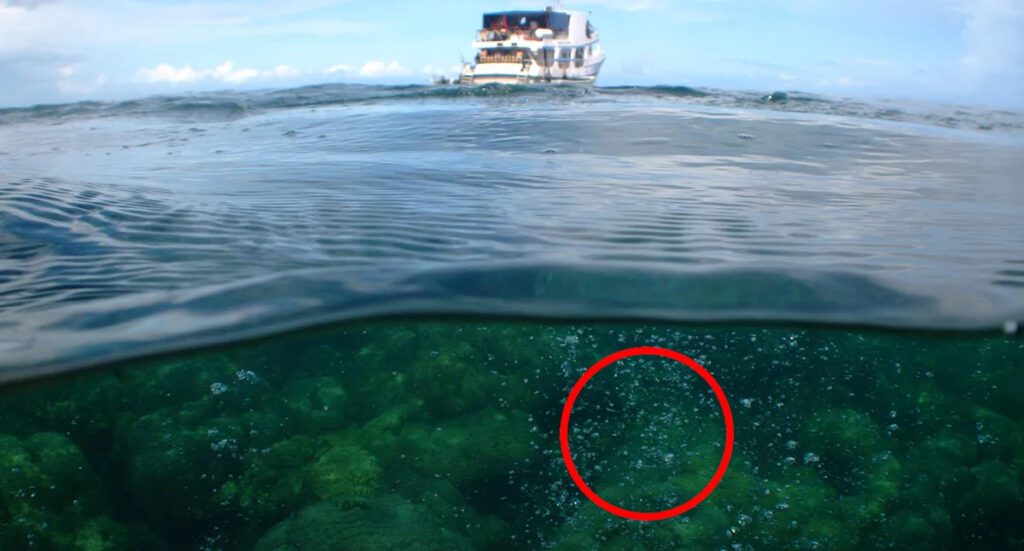Researchers have uncovered alarming streams of foam from an undersea volcano in Papua New Guinea, raising concerns about the future of coral reefs, including Australia’s iconic Great Barrier Reef. The bubbles, composed primarily of carbon dioxide, alter water chemistry and impact coral ecosystems. Dr. Katarina Fabricius from the Australian Institute of Marine Science (AIMS) emphasizes that this area serves as a natural laboratory to predict changes due to ocean acidification.
The study indicates that over the next 75 years, regions like Ningaloo and the Great Barrier Reef may see a shift towards less diverse coral systems, dominated by algae, while surviving corals will be smaller and paler. Ocean acidification has already increased by 30% since pre-industrial times, complicating coral’s ability to build their structures and hindering recovery from extreme weather events.
This research highlights the urgency of the situation, revealing that coastal ecosystems reliant on coral for tourism and fishing are at risk. As coral complexity decreases, marine life biodiversity, including species like crabs and fish, will also decline. The findings call for urgent action to address climate change’s impact on both natural ecosystems and human livelihoods.
Source link


